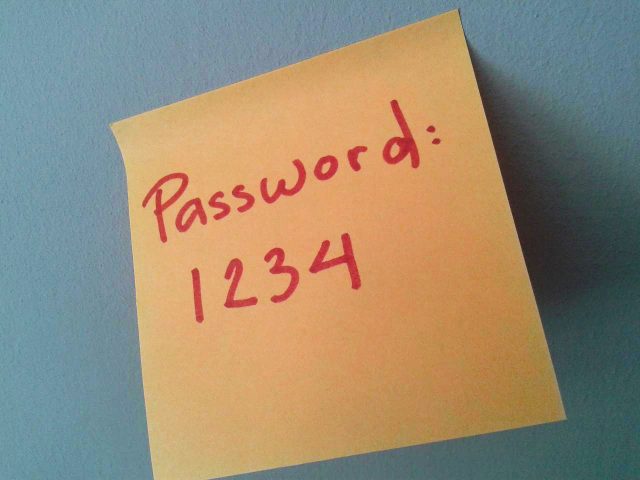
For many years, Microsoft has published a security baseline configuration: a set of system policies that are a reasonable default for a typical organization. This configuration may be sufficient for some companies, and it represents a good starting point for those corporations that need something stricter. While most of the settings have been unproblematic, one particular decision has long drawn the ire of end-users and helpdesks alike: a 60-day password expiration policy that forces a password change every two months. That reality is no longer: the latest draft for the baseline configuration for Windows 10 version 1903 and Windows Server version 1903 drops this tedious requirement.
The rationale for the previous policy is that it limits the impact a stolen password can have—a stolen password will automatically become invalid after, at most, 60 days. In reality, however, password expiration tends to make systems less safe, not more, because computer users don't like picking or remembering new passwords. Instead, they'll do something like pick a simple password and then increment a number on the end of the password, making it easy to "generate" a new password whenever they're forced to.
In the early days of computing, this might have been a sensible trade-off, because cracking passwords was relatively slow. But these days, with rainbow tables, GPU acceleration, and the massive computational power of the cloud, that's no longer the case—short passwords are a liability, so any policy that makes people favor short passwords is a bad policy. It's better instead to choose a long password and, ideally, multifactor authentication, supplementing the password with a time-based code or something similar.